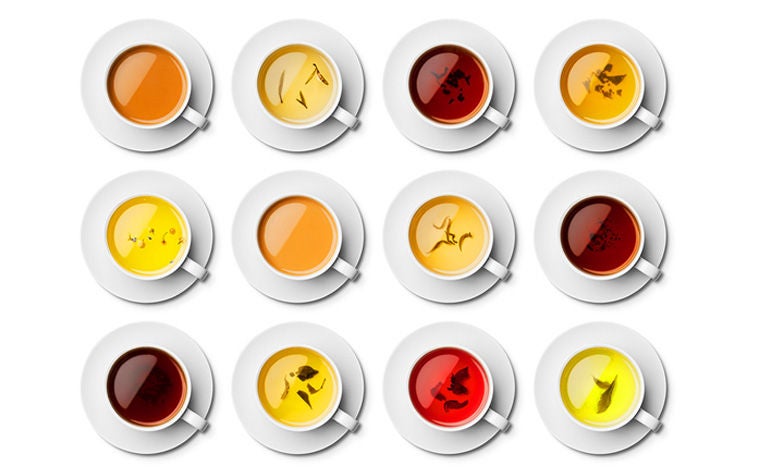
Tea , from traditional white, green to oolong and black, can differ greatly in taste although they are brewed from the leaves of the same type of plant (Camellia Sinensis). It is where the leaves are harvested and how they are grown and processed that give each its distinct flavour.
Some have the perception that tea is healthier than coffee, while others believe the other way around.
“It is not exactly accurate to say that tea is healthier than coffee,” shares Javier Won, a Dietitian from Sengkang Community Hospital (SKCH). SKCH is managed by SingHealth Community Hospitals (SCH), a member of the SingHealth group.
“When compared to coffee and energy drinks, tea contains a lesser amount of caffeine. However, apart from the difference in caffeine content, both beverages do not have many calories and how good or bad they are depends on additional ingredients added to the beverage.”
“Thus, tea (like coffee) should be drunk in moderation as excessive caffeine consumption can cause sleeplessness, restlessness, an elevated heart rate or irritation to the digestive tract,” he adds.
“Also found in tea are tannins (a compound found in bark, leaves and fruit), which bind with the iron present in our food, leaving less iron available for absorption by the digestive tract. Therefore, adults are generally recommended to limit their tea intake to no more than 3 cups per day,” explains Javier.
Alternatively, you can enjoy herbal teas, which contain lesser or no caffeine. These are brewed from the roots, leaves, flowers and other components from a range of plants such as chamomile, mint and chrysanthemum.
Rich in antioxidants
Tea is rich in polyphenols (also known as antioxidants) such as flavonols, theaflavins and catechins.
These polyphenols not only contribute to the distinct flavour and aroma of tea but may also have health-promoting properties such as lowering cholesterol and sugar levels and reducing blood pressure. However, more research and human studies are needed to show conclusive health benefits.
How you drink your tea determines how healthy it is
Plain tea by itself does not contain any calories.
However, be mindful of the additional ingredients that go into your tea such as milk, sugar or tapioca pearls (in the case of bubble tea), which increases your beverage’s calorie content considerably and can cause weight gain.
Here are the calories and amount of sugar found in popular tea drinks:
|
Drink |
Teh O Kosong |
Teh C Kosong |
Teh C |
Teh |
Bubble Tea |
|---|---|---|---|---|---|
| Calories (kcal) | 0 | 30 | 90 | 124 | 320 |
| Sugar (g) | 0 | 1-2 | 18 | 25 | 56 |
What goes perfectly with tea during mid-autumn festival? Mooncakes, of course!
Check out this article for healthier ways to enjoy them.
Ref: L20
Also, check out our other articles on food tips:
Bubble Tea: How Unhealthy is it?
How Caffeine Affects Women's Health?
Hawker Centre: Tips to Pick Healthier Foods
Contributed by
















